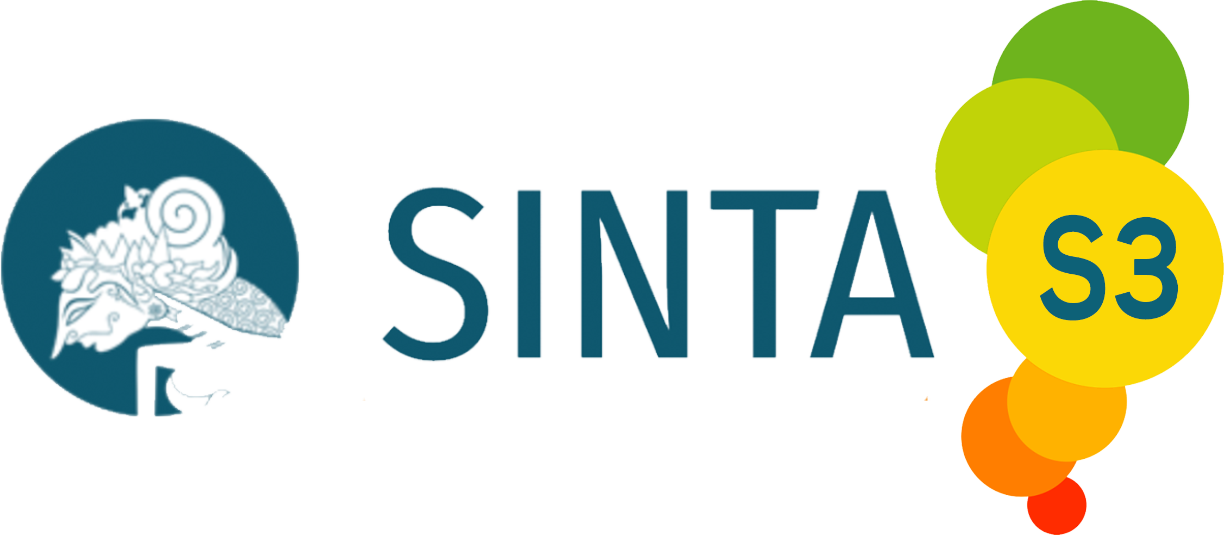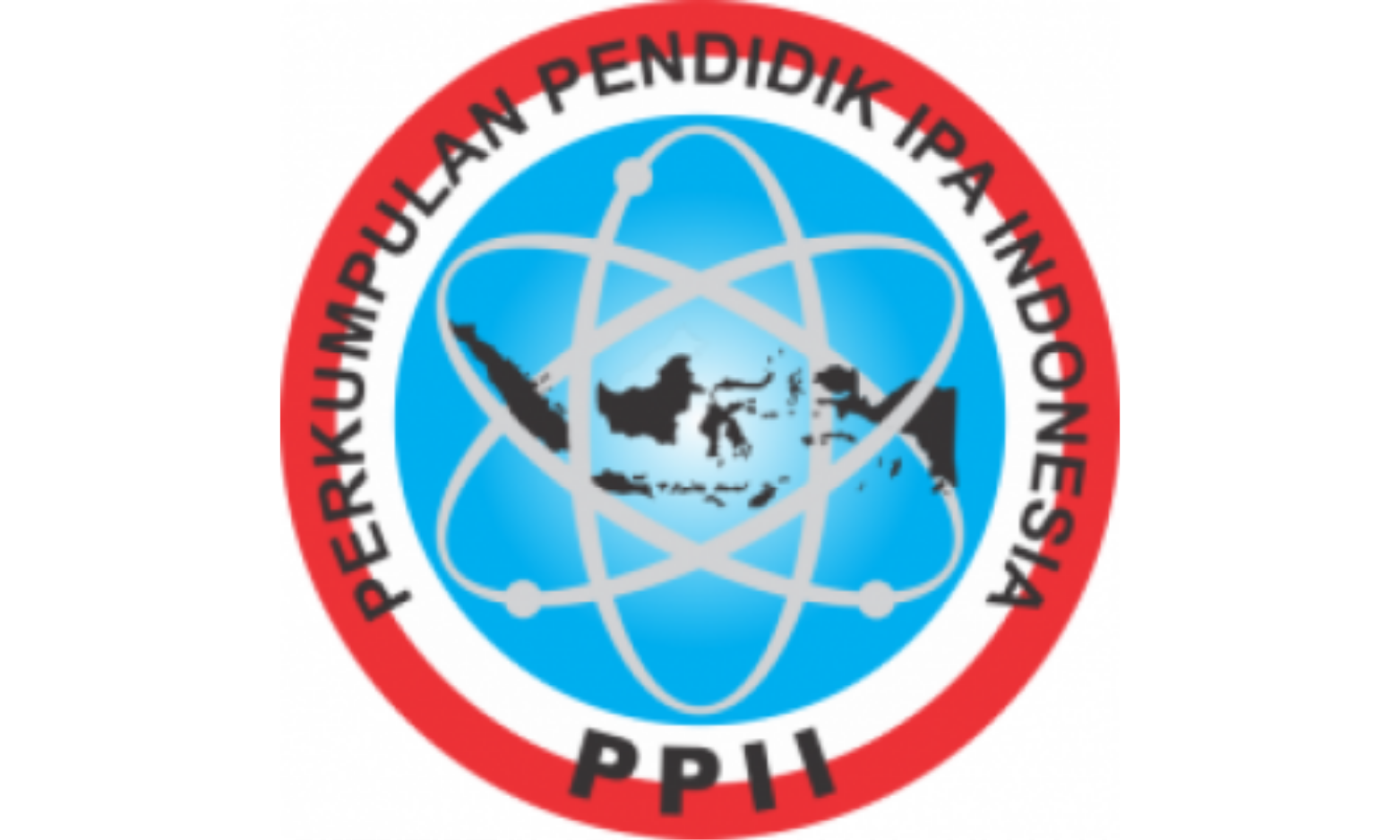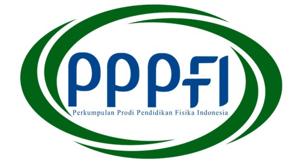Peningkatan Keterampilan Generik Sains pada Materi Tata Surya melalui Pembelajaran Berbantuan Aplikasi Solar System Scope untuk Siswa SMP
DOI:
https://doi.org/10.15575/jotalp.v4i2.4294Abstract
References
Arikunto, Suharsimi. (2009). Dasar-dasar Evaluasi Pendidikan. Jakarta: Bumi Aksara.
Arikunto, Suharsimi. (2010). Prosedur Penelitian Suatu Pendekatan Praktik. Jakarta: Rineka Cipta.
Bhakti, S.S. dkk., (2017). “Developing Multiple-Choices Tes Items As Tools For Measuring The Scientific-Generic Skills On Solar Systemâ€. AIP Conference Proceedings. AIP Publishing.
Bhakti, S.S. (2017). Peningkatan Keterampilan Generik Sains dan Berpikir Kritis dalam Pembelajaran IPA Menggunakan MBI2 pada Materi Tata Surya untuk Siswa SMP. Skripsi pada Jurusan Pendidikan Fisika UPI Bandung: tidak diterbitkan.
Brotosiswoyo, Suprapto. (2000). Hakikat Pembelajaran MIPA di Perguruan Tinggi. Jakarta: PAU-PPAI-UT.
Chen et al. (2012). “Effects of Presentation Mode on Mobile Language Learning: A Performance Efficiency Perspectiveâ€. Australias Journal of Education and Technology.
Chen dan Pei-Hsuan Lin. (2014). “Development and evaluation of a context-aware ubiquitous learning environment for astronomy educationâ€. Interactive Learning Environments.
Cole, Merryn dkk. (2015). “Student Moon Observations and Spatial-Scientific Reasoningâ€. International Journal of Science Education.
Delgado, Cesar. (2014). “Navigating Tension Between Conceptual and Metaconceptual Goals in the Use of Modelsâ€. Journal of Science Education and Technology.
Farid, Miftah dan Leny. (2016). “Pengaruh Model Pembelajaran Problem Solving berbantuan Multimedia Interaktif tergadap Keterampilan Generik Sains dan Hasil Belajar Siswa pada Materi Hidrolisis Garamâ€. Jurnal Inovasi Pendidikan Sains.
Gunawan. (2008). “Pembelajaran Berbasis Multimedia Interaktif untuk Meningkatkan Keterampilan Generik Sains Calon Guru Fisikaâ€. Jurnal Pijar MIPA.
Hake, Richard. (1998). “Interactive-Engagement Vs Traditional Methods: A Six-Thousand Student Survey of Mechanics Test Data for Introductory Physics Coursesâ€. American Journal of Physics.
Harbeck dan Johnson. Earth and Space Science. USA: Department of Health, Education, and Welfare.
Harrison dan Treagust. (2000). “A Typology of School Science Modelsâ€. International Journal of Science Education.
Hidayat, Bambang dkk. (1976). Bumi dan Antariksa untuk SMP Kelas VII. Jakarta: Balai Pustaka.
Hochberg, Katrin et al. (2018). “Using Smartphones as Experimental Tools-Effects on Interest, Curiosity, and Learning in Physics Educationâ€. Journal of Science Education and Technology.
INOVE (2017). Solar System Scope. [Online]. Diakses di https://www.solarsystemscope.com/.
Jing. (2013). “Elementary School Teachers’ Knowledge of Model Functions and Modeling Processes: A Comparison of Science and Non-science Majorsâ€. International Journal of Science and Mathematics Education.
Johnson, dkk. (2002). “Encouraging Generic Skills in Science Coursesâ€. Electronic Journal of Biotechnology. Chile. [Online]. Diakses di http://www.ejbiotechnology.info/.
Kementerian Pendidikan dan Kebudayaan. (2017). Silabus Mata Pelajaran Sekolah Menengah Pertama/Madrasah Tsanawiyah (SMP/MTs) Mata Pelajaran Ilmu Pengetahuan Alam. Jakarta.
Khabibah et al. (2017). “The Analysis of Generic Science Skills of High School Studentsâ€. Advences in Social Science, Education and Humanities Research.
Lepp et al. (2014). “The Relationship Between Cell Phone Use, Academic Performance, Anxiety, and Satisfaction with Life in College Studentsâ€. Computers in Human Behavior.
Margono. (2009). Metodologi Penelitian Pendidikan. Jakarta: Rineka Cipta.
Muslim. (2017). Materi Kuliah Evaluasi Pendidikan Fisika; Analisis Tes. Departemen Pendidikan Fisika FPMIPA UPI.
National Centre for Vocational Education Research. (2003). “Defining Generic Skills: At a Glanceâ€. [Online]. Diakses di https://www.ncver.edu.au.
National Research Council (2012). “A Framework For K-12 Science Education: Practices, Crosscutting Concepts, and Core Ideasâ€. National Academies Press, Washington.
Nurjannah, Fitri. (2014). Analisis Kemampuan Generik Siswa Melalui Kegiatan Praktikum Fotosintesis. Skripsi. Tidak diterbitkan. Jakarta: UIN Syarif Hidayatullah.
Partnership for 21st Century Learning. (2015). “P21 Freamework Definitionsâ€. [Online]. Diakses di http://www.p21.org/our-work/p21-framework.
Peraturan Pemerintah Republik Indonesia Nomor 19 Tahun 2005 tentang Standar Nasional Pendidikan.
Permendikbud Nomor 20 Tahun 2016 tentang Standar Kompetensi Lulusan Pendidikan Dasar dan Menengah.
Permendikbud Nomor 21 Tahun 2016 tentang Standar Isi Pendidikan Dasar dan Menengah.
Permendikbud Nomor 22 Tahun 2016 tentang Standar Proses Pendidikan Dasar dan Menengah.
Permendikbud Nomor 23 Tahun 2016 tentang Standar Penilaian Pendidikan.
Permendikbud Nomor 24 Tahun 2016 tentang Kompetensi Inti dan Kompetensi Dasar Pelajaran pada Kurikulum 2013 pada Pendidikan Dasar dan Pendidikan Menengah.
Price, Aaron dkk. (2015). “Comparing Short- and Long-Term Learning Effects Between Stereoscopic and Two-Dimensional Film at a Planetariumâ€. Science Education.
Purba, Siska Wati Dewi dan Wu-Yuin Hwang. (2017). “Investigation of Learning Behaviors and Achievement of Vocational High School Students Using an Ubiquitous Physics Tablet PC Appâ€. Journal of Science Education and Technology.
Riduwan. (2007). Skala Pengukuran Variabel-variabel Penelitian. Bandung: Alfabeta.
Saprudin, et al. (2010). “Developing Generic Science Skills of Prospective Teacher Through Offline and Online Interactive Multimedia in Physics Learningâ€. Proceedings of The 4th International Conference on Teacher Education; Join Conference UPI & UPSI.
Saruman, Surya. (2016). Pengembangan Bahan Ajar Berbasis Aplikasi Netsupport School dalam Meningkatkan Hasil Belajar Siswa SMA Negeri 6 Palopo. Makassar: Pascasarjana Universitas Negeri Makassar.
Siahaan, P et al. (2010). Bahan Ajar Statistika Dasar. Bandung: Jurusan Pendidikan Fisika, FPMIPA UPI.
Siahaan, P et al. (2017). “Improving Students’ Science Process Skills through Simple Computer Simulations on Linear Motion Conceptions. IOP Conf. Series: Journal of Physics.
Skinner, Brian. (1959). The Solar System and It’s Strange Objects. California.
Soepeno, Bambang. (2002). Statistika Terapan dalam Ilmu-ilmu Sosial dan Pendidikan. Jakarta: Rineka Cipta.
Soland et al. (2013). Measuring 21st Century Competencies – Guidance for Educators. RAND Corporation. [Online]. Diakses di https://www.rand.org.
Sudarmin. (2007). Pembekalan Keterampilan Generik Kimia Organik bagi Calon Guru. Disertasi. Bandung: SPs UPI.
Sudarmin. (2009). “Meningkatkan Kemampuan Berpikir Mahasiswa Melalui Pembelajaran Kimia Terintegrasi Kemampuan Generik Sains pada Materi Kesetimbangan Kimiaâ€. Prosiding seminar nasional kimia dan Pendidikan kimia II (SN-KPK II) UNS. Semarang.
Sugiyono. (2012). Metode Penelitian Kuantitatif Kualitatif dan R&D. Bandung: Alfabeta.
Sundayana, Rostina. (2015). Statistika Penelitian Pendidikan. Bandung: Alfabeta.
Tawil, M. dan Liliasari. (2014). Keterampilan-keterampilan Sains dan Implementasinya dalam Pembelajaran IPA. Makassar: Badan Penerbit Universitas Negeri Makassar.
Testa, Italo dan Silvia Galano. (2015). “Development and Validation of a Learning Progression for Change of Seasons, Solar and Lunar Eclipses, and Moon Phasesâ€. Physics Education Research.
Tim Abdi Guru. (2016). IPA Terpadu untuk SMP/MTs Kelas VII. Jakarta: Penerbit Erlangga.
Tjasyono, Bayong. (2013). Ilmu Kebumian dan Antariksa. Bandung: Remaja Rosdakarya.
Turk, Cumhur. (2014). “The Effect of Planetariums on Teaching Speciï¬c Astronomy Conceptsâ€. Journal of Science Education and Technology.
Weintrop et al. (2015). “Defining Computational Thinking for Mathematics and Science Classroomsâ€. Journal of Science Education and Technology.
Widodo, Wahono et al. (2010). “Integrasi Multimedia Interaktif, Kerja Kolaboratif, dan Berpikir Reflektif dalam Perkuliahan Fisika Dasar untuk Meningkatkan Keterampilan Generik Sains Calon Guru SMK Tata Bogaâ€. Jurnal Pendidikan dan Pembelajaran.
Wood, John. (1979). The Solar System. New Jersey: Englewood Cliffs.
Wooten, Michelle et al. (2014). “Comparison of Performance on Multiple-Choice Questions and Open-Ended Questions in an Introductory Astronomy Laboratoryâ€. Physics Education Research.
Yulianti et al. (2016). “Peningkatan Keterampilan Generik Sains dan Penguasaan Konsep Melalui Laboratorium Virtual Berbasis Inkuiriâ€. Jurnal Pendidikan Sains Indonesia.
Downloads
Published
Issue
Section
Citation Check
License
Journal of Teaching and Learning Physics is licensed under a Creative Commons Attribution-NonCommercial-NoDerivatives 4.0 International License









